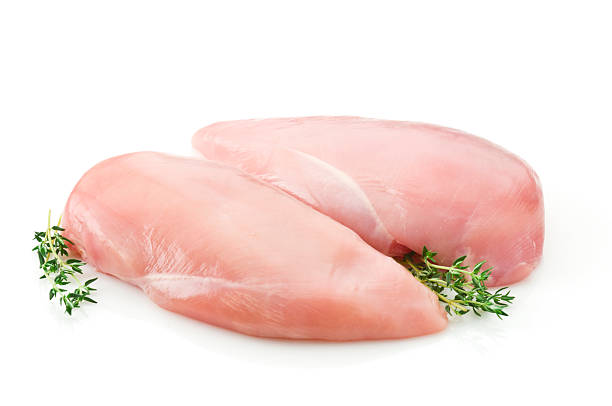The kidneys are tiny but mighty organs that serve a multitude of vital purposes. Unfortunately, there are various ways in which these organs can become damaged and kidney disease now affects about 10% of the world's population.
If you have kidney disease, it's important to follow a special diet and eat certain foods, which we're touching on in this article. Waste, particularly food waste products, accumulates in the blood when the kidneys are not functioning properly.
That's why for most people with advanced kidney disease, it's important to follow a kidney-friendly diet that helps decrease the amount of waste in the blood.
This diet, which is also known as a renal diet, helps maintain kidney health by preventing further damage to the organs. While dietary restrictions vary depending on the individual, it's common for patients to restrict the following nutrients. Sodium is a common food ingredient and a key ingredient in table salt.
Now, damaged kidneys can't filter out excess sodium, causing their blood levels to rise. It is common advice to keep sodium intake to under 2,000 mg daily. Although potassium is essential for numerous bodily processes, people with kidney illness must limit their intake to prevent dangerously elevated blood potassium levels.
It's usually recommended to limit potassium to less than 2,000 milligrams per day. A mineral included in many meals, excess phosphorus cannot be eliminated by damaged kidneys. High levels can cause damage to the body so, dietary phosphorus is restricted to less than 800 to 1,000 milligrams per day in most patients.
Since damaged kidneys cannot remove waste products from protein metabolism, protein is another nutrient that persons with renal disease may need to reduce. On the other hand, people receiving dialysis—a procedure that purifies and filters the blood—who have end-stage renal failure may require more protein.
But that would be working with a specialist. Since every kidney disease patient is unique, it is critical to discuss the ideal diet with your healthcare professional.
With all that in mind, we're now gonna look at some delicious and healthy foods that are low in sodium, potassium, and phosphorus.
Cauliflower.
Cauliflower is a nutritious vegetable that's high in many nutrients including vitamins C, K, and folate. One cup or 124 grams of cooked cauliflower contains 19 milligrams of sodium, 176 milligrams of potassium, and 40 milligrams of phosphorus. Plus, like mashed cauliflower can be used as a replacement for potato, as a low-potassium side dish.Red Grapes.
Not only are red grapes delicious, but they're also really high in vitamin C and contain beneficial compounds called flavonoids. Additionally, red grapes are high in resveratrol. a kind of flavonoid that has been demonstrated to guard against diabetes, heart disease, and cognitive loss. They are, of course, kidney-friendly as well with half a cup containing 1.5 milligrams of sodium, 144 milligrams of potassium, and 15 milligrams of phosphorus.
Blueberries.
Not only are blueberries a great source of antioxidants, but they are also nutrient-dense. Specifically, the antioxidants known as anthocyanins found in these delicious berries may offer protection against diabetes, heart disease, some types of cancer, and cognitive decline. Just 1.5 milligrams of salt, 114 milligrams of potassium, and 18 milligrams of phosphorus are found in one cup, or 148 grams, of fresh blueberries.
Egg whites.
Although eggs are nutritious, the yolk is high in phosphorus. For someone on a renal diet, it would be more suited to merely make the egg white. Fortunately, because egg whites are extremely low in phosphorus, they offer a high-quality, kidney-friendly protein supply. Just 10 milligrams of phosphorus, 108 milligrams of potassium, and 110 milligrams of sodium are found in two large egg whites.
Macadamia nuts.
Most popular nuts like almonds and peanuts are high in phosphorus and not recommended for people on a renal diet. However, macadamia nuts are a delicious and low-phosphorus option. Now one ounce or 28 grams of macadamia nuts contains 1.4 milligrams of sodium, 103 milligrams of potassium, and 53 milligrams of phosphorus.Skinless Chicken.
Although a limited protein intake is necessary for some kidney issues, providing the body with adequate amounts of high-quality protein is vital to health. Skinless chicken breasts contain about 60 milligrams of sodium and about 200 milligrams of potassium and phosphorus, which is a lot less than the skin on a chicken. Fresh chicken is preferable when buying chicken because premade roasted chicken is high in phosphorus and sodium.
Lastly, remember to always discuss your food preferences with your healthcare provider to ensure that you're following the best diet for your particular needs.







